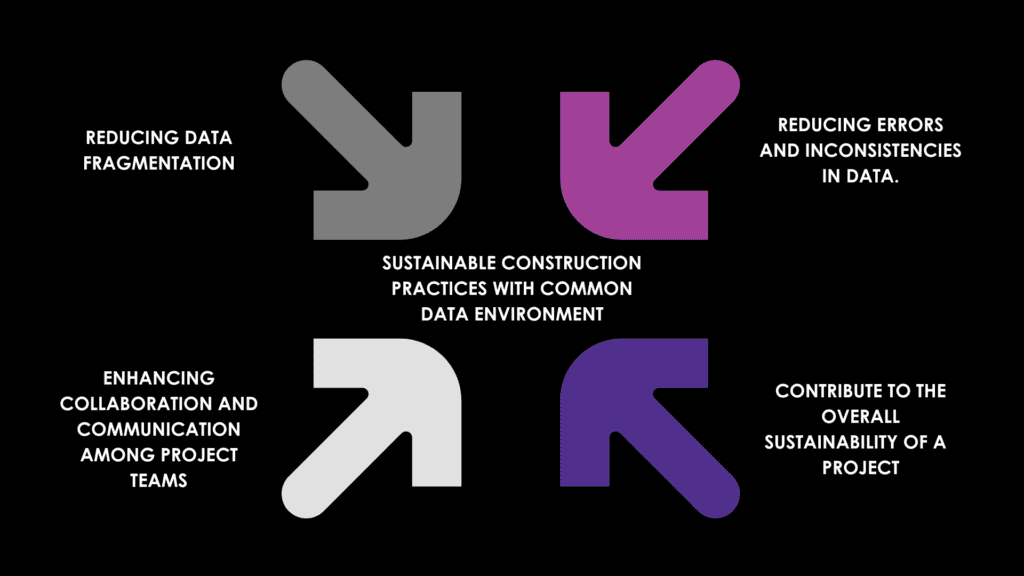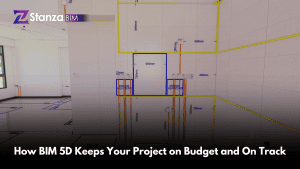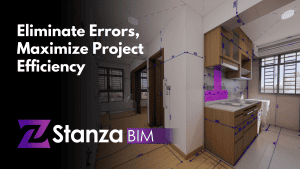Sustainable construction practices are becoming increasingly important in the construction industry due to growing awareness of the impact of construction activities on the environment. One key factor in achieving sustainable construction is the effective management and utilization of data. This is where a Common Data Environment (CDE) plays a critical role.
A CDE achieves secure and controlled collaboration by providing a single point of access to project data, allowing project stakeholders to access and share information in real time. The platform has robust security features, including user authentication, access controls, and audit trails, which ensure that data is protected and secure. It also allows for version control, so project stakeholders can easily track changes and ensure they are working with the most up-to-date information. In the context of sustainable construction, a CDE can help manage the various data related to sustainability requirements, including energy efficiency, carbon emissions, and waste management.

The use of a CDE in sustainable construction practices offers several benefits. First, it helps reduce data fragmentation, which can often be problematic in construction projects with multiple stakeholders. By centralizing all data related to sustainability in one location, the risk of data silos is minimized, ensuring that everyone has access to the same information.
Second, a CDE can help to reduce errors and inconsistencies in data. With sustainability requirements becoming increasingly complex, having a system to ensure that all data is accurate and up-to-date is essential. By using a CDE, project teams can be confident that they are working with the most current data, reducing the risk of errors that result in construction reworks.
Third, a CDE can enhance collaboration and communication among project teams. This is particularly important in sustainable construction projects, where multiple stakeholders may exist, including designers, contractors, and clients. A CDE can help ensure that everyone is working towards the same sustainability goals by providing a platform for collaboration and communication,.
Lastly, a CDE can also contribute to the overall sustainability of a construction project. By centralizing data and improving collaboration, a CDE can help reduce the need for paper-based documentation, which in turn can help reduce waste and promote more sustainable practices.
A CDE plays a crucial role in sustainable construction practices by providing a platform for collaboration, reducing data fragmentation, minimizing errors, promoting sustainable practices, and eliminating possible construction reworks. As sustainable construction practices become increasingly important in the construction industry, the use of a CDE will become even more critical. By adopting a CDE, construction projects can achieve their sustainability goals more efficiently, effectively, and sustainably.










